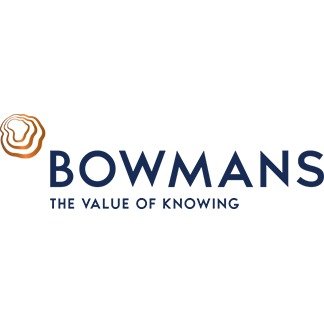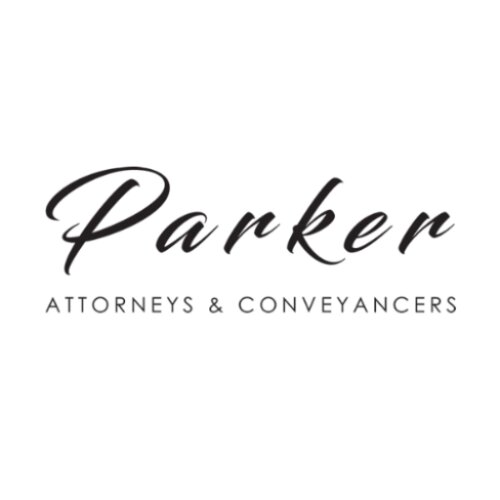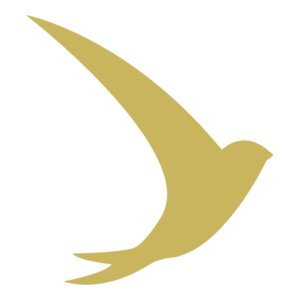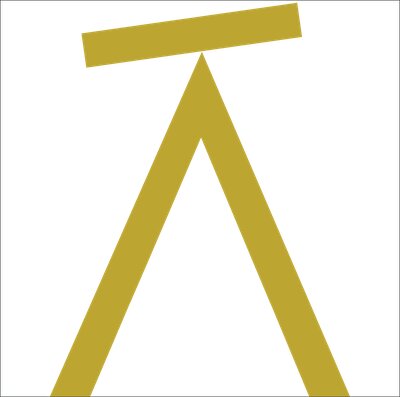Best Patent Lawyers in Cape Town
Share your needs with us, get contacted by law firms.
Free. Takes 2 min.
List of the best lawyers in Cape Town, South Africa
About Patent Law in Cape Town, South Africa
Patent law in Cape Town, South Africa, is part of the broader intellectual property legal framework that aims to protect inventions by granting patents. A patent provides the inventor with exclusive rights to use, sell, and manufacture an invention for a specific period, usually 20 years, in exchange for public disclosure of the invention. The responsibility for patent filings in South Africa falls under the Companies and Intellectual Property Commission (CIPC). Cape Town, being a major hub of innovation and industries, is home to numerous legal professionals specializing in patent law to cater to the needs of inventors, entrepreneurs, and companies.
Why You May Need a Lawyer
Patent law can be complex and navigating it without proper legal guidance can lead to costly mistakes. Here are common scenarios where people may require legal help:
- Filing a Patent Application: Drafting and filing a patent application requires clear articulation of the invention's uniqueness, which often needs professional legal expertise to strengthen the application.
- Determining Infringement: If you suspect that someone is using your invention without permission, a lawyer can help determine if patent infringement is taking place.
- Defending or Opposing a Patent: Legal representation is crucial when defending your patent or opposing another's, particularly in disputes or potential litigation.
- Patent Licensing: Lawyers can assist in crafting licensing agreements that control who can use your invention, ensuring your interests are protected.
- Advisory Services: For businesses and inventors, ongoing legal advice can aid in navigating the intricacies of patent law as it affects business strategies and product development.
Local Laws Overview
In South Africa, patents can be granted for inventions that are new, involve an inventive step, and are capable of being used or applied in trade, industry, or agriculture. The South African Patents Act 57 of 1978 is the primary legislation governing patents. Key aspects relevant to inventors include:
- Non-patentable Subject Matter: Certain inventions, such as scientific theories, mathematical methods, and literary works, do not qualify for patent protection.
- Grace Period: South Africa allows a 6-month grace period for public disclosures, giving inventors some leeway if they have publicly disclosed their invention before filing a patent application.
- First to File: South Africa operates under a 'first to file' system, emphasizing the importance of filing promptly to secure patent rights.
- Patent Enforcement: Patent holders are responsible for enforcing their patents and may need to seek legal recourse if infringement occurs.
Frequently Asked Questions
What is the cost of filing a patent in South Africa?
The cost varies depending on the complexity of the invention and whether you use a patent attorney. Official filing fees can be checked on the CIPC website, but additional professional fees may apply.
How long does it take to get a patent granted in South Africa?
On average, it takes about 2 to 3 years for a patent to be granted in South Africa, though this can vary based on the specifics of the application and any challenges encountered during examination.
What can be patented in South Africa?
Any new invention that involves an inventive step and is capable of industrial application can be patented, provided it does not fall into excluded categories like discoveries, business methods, or artistic works.
Is my South African patent protected internationally?
No, a South African patent provides protection only within South Africa. To protect an invention internationally, you must file separately in each country or use international systems like the Patent Cooperation Treaty (PCT).
Can a patent be renewed in South Africa?
Yes, a patent can run up to 20 years, provided all renewal fees are paid. Failing to pay these fees can lead to the patent lapsing.
What happens if I don’t apply for a patent?
If you don't apply for a patent, your invention may not be protected, allowing others to use, manufacture, or sell it without your consent.
How can I check if my invention is patentable?
Conducting a patent search to check for prior art or consulting a patent attorney can help determine the novelty and patentability of an invention.
Can patent information be kept confidential?
Once a patent is granted, its details become part of the public record, allowing others to see the invention's particulars.
How do I enforce my patent if someone infringes on it?
You may need to engage a lawyer to send a cease-and-desist letter and possibly file a lawsuit to enforce your patent rights through the courts.
What is the role of a patent attorney?
A patent attorney assists with drafting and filing patent applications, advises on patentability, handles legal disputes, and helps manage patent portfolios.
Additional Resources
For more information and assistance, you may find the following resources helpful:
- Companies and Intellectual Property Commission (CIPC): The governmental body responsible for patents and other intellectual property matters in South Africa.
- South African Institute of Intellectual Property Law (SAIIPL): An organization that may provide insights and contacts for intellectual property legal services.
- World Intellectual Property Organization (WIPO): Offers information and tools for international patent filings.
Next Steps
If you believe you need legal assistance in the field of patents, consider taking the following steps:
- Consult a Patent Attorney: Reach out to a qualified patent attorney in Cape Town who can provide tailored advice and guide you through the legal process.
- Conduct Preliminary Research: Gather information about your invention, any existing patents, and clear documentation of your innovation process.
- Set Clear Objectives: Understand your goals for the patent, whether it is protection, monetization, or enforcement.
- Plan Financially: Understand the costs involved and plan your budget for filing fees, attorney charges, and potential enforcement costs.
- Stay Informed: Keep abreast of any changes in patent law and practice as these may affect your rights and strategies.
Lawzana helps you find the best lawyers and law firms in Cape Town through a curated and pre-screened list of qualified legal professionals. Our platform offers rankings and detailed profiles of attorneys and law firms, allowing you to compare based on practice areas, including Patent, experience, and client feedback.
Each profile includes a description of the firm's areas of practice, client reviews, team members and partners, year of establishment, spoken languages, office locations, contact information, social media presence, and any published articles or resources. Most firms on our platform speak English and are experienced in both local and international legal matters.
Get a quote from top-rated law firms in Cape Town, South Africa — quickly, securely, and without unnecessary hassle.
Disclaimer:
The information provided on this page is for general informational purposes only and does not constitute legal advice. While we strive to ensure the accuracy and relevance of the content, legal information may change over time, and interpretations of the law can vary. You should always consult with a qualified legal professional for advice specific to your situation.
We disclaim all liability for actions taken or not taken based on the content of this page. If you believe any information is incorrect or outdated, please contact us, and we will review and update it where appropriate.














